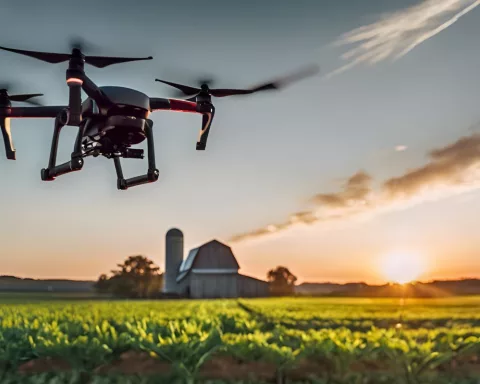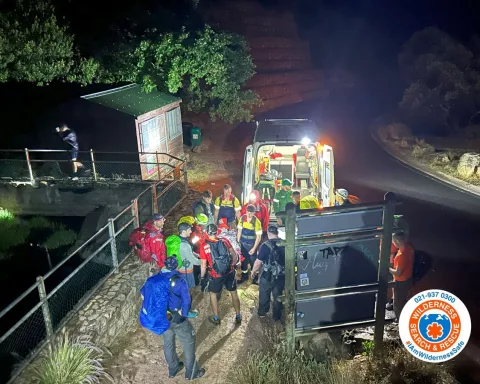On a sunny Thursday in April 2023, two novice hikers found themselves lost and stranded while hiking on the back of Table Mountain in Cape Town. The pair had followed a “vague trail” down Porcupine Ravine towards Camp’s Bay, and after struggling to find their way back, they called for help. Fortunately, they were assisted by a dedicated team of professionals and volunteers from the Wilderness Search and Rescue (WSAR), who used a drone to locate and rescue them.
Using drones in search and rescue operations is becoming more common, and the WSAR’s successful mission highlights the importance of integrating technology into emergency preparedness strategies. The WSAR on-scene rescue coordinator, Hugo Vaughan, praised the use of drones, stating, “This is the first time that we’ve used a drone to guide hikers back to a trail and out of harm’s way. This again demonstrates how diverse and valuable this technology is.”
While drones can help locate stranded hikers in challenging terrain, it is still essential to have a well-trained and dedicated rescue team to assist in the operation. The WSAR is a network of government agencies and civilian volunteer organizations that partner in search and rescue, and their hard work and dedication should be acknowledged.
Promoting Safety Awareness
The WSAR spokesperson, David Nel, commended the two hikers for calling for help when they felt unsafe and encouraged more people to explore wilderness spaces with the knowledge that a group of dedicated individuals is always willing to rush to their aid if they need help. Nel also suggested that anyone venturing out for the first time should consider joining a hiking group or contacting the numerous groups and online communities for valuable information sharing.
Promoting safety awareness is crucial when exploring natural environments. While it is essential to appreciate the beauty and wonder of the natural world, it is equally necessary to understand the risks and take responsibility for our safety. The WSAR’s #IAmWildernessSafe campaign is an excellent example of how we can encourage responsible behavior when exploring natural environments.
Using drones in search and rescue operations can enhance safety in wilderness spaces. However, it is essential to remember that more than technology is needed to replace a well-trained and dedicated rescue team. Promoting safety awareness and responsible behavior when exploring natural environments is crucial. We should be grateful for the dedication and hard work of the WSAR team, who ensure our safety.
WSAR Emergency Contact Number: 021 937 0300












